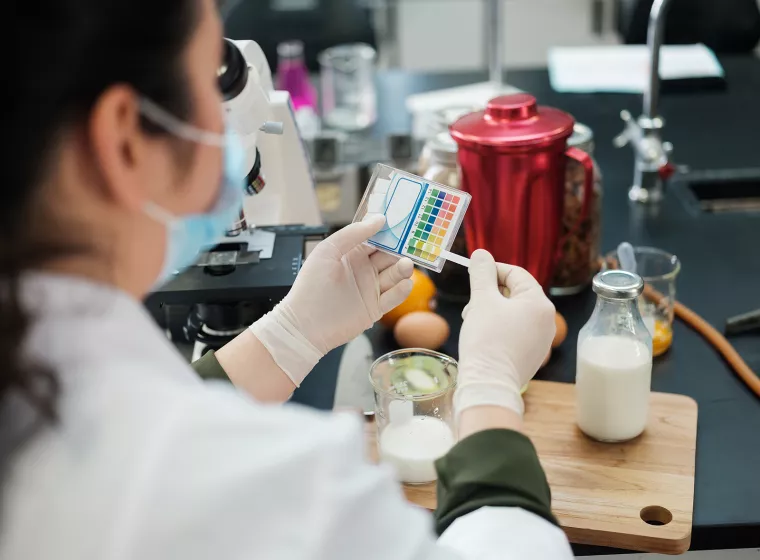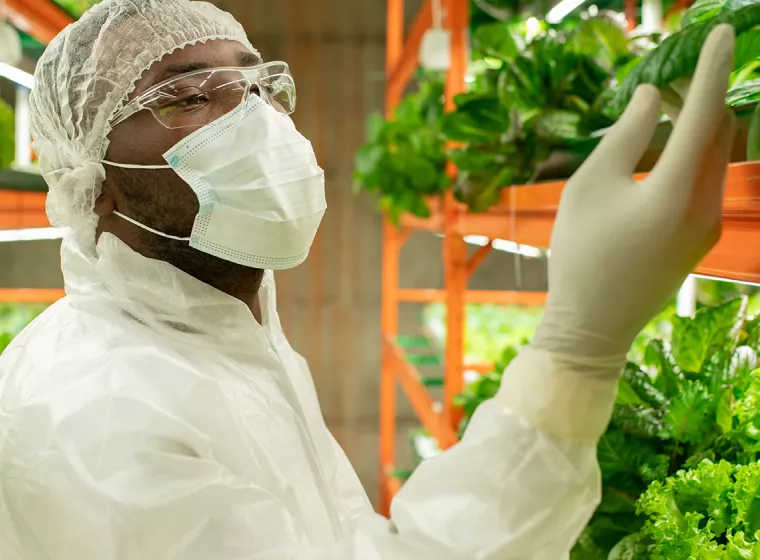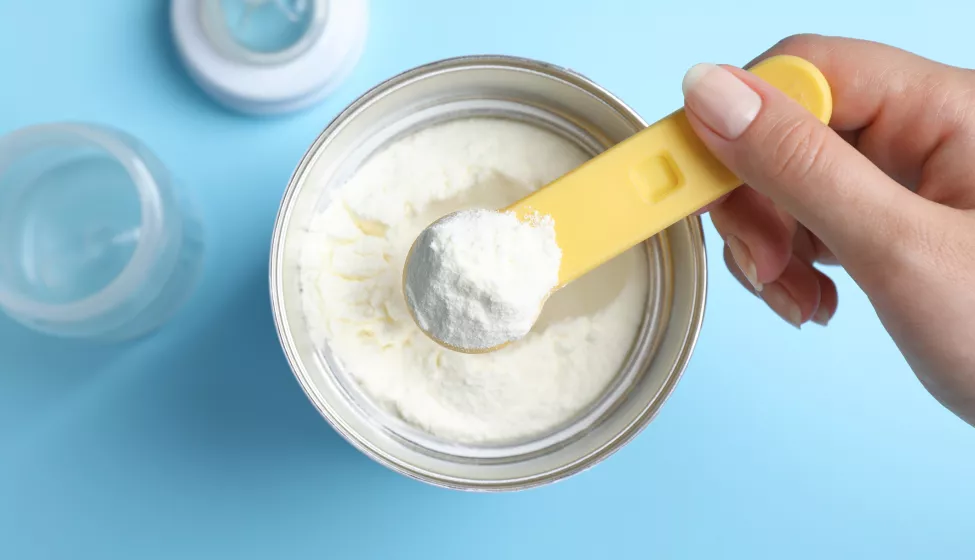August 8, 2023
Food and Drug Administration signals safety of production of powdered drinks for young children must be improved following 2022 infant formula crisis
Earlier this year, the Food and Drug Administration sent a letter to manufacturers, packers, distributors, exporters, importers, and retailers involved in the powdered infant formula supply chain, with potential implications for all sole-source nutrition powdered products. The letter was a call to action for industry to improve processes and programs for the protection of infants and ensure the availability of infant nutrition, as well as other powdered drinks for young children.
In 2022, safety concerns at one of the largest infant formula manufacturing facilities in the U.S. led to a nationwide recall, affecting infant formula supplies across the country and resulting in dangerous shortages. Since then, FDA has taken multiple steps to improve supply chain resiliency, including issuing multiple guidance documents intended to help facilitate the availability of safe and nutritionally adequate infant formula products in the U.S. marketplace; developing a Cronobacter sakazakii prevention strategy; and exercising enforcement discretion for foreign and domestic products.
Call to action for the infant formula industry
The FDA letter specifies the following actions for the infant formula industry:
- Evaluate established systems of production and in-process controls and ensure that appropriate controls are implemented in accordance with 21 CFR Part 106.6 (c) at any point, step, or stage in the production process where control is necessary to prevent adulteration of infant formula.
- Ensure full compliance with all relevant regulations, including the Infant Formula Requirements Pertaining to Current Good Manufacturing Practice, Quality Control Procedures, Quality Factors, Records and Reports, and Notifications rule (21 CFR Part 106) and the Current Good Manufacturing Practice, Hazard Analysis, and Risk-Based Preventive Controls for Human Food rule (21 CFR Part 117).
- Consider the concerns shared in this letter when evaluating established systems of production and in-process controls, including when taking corrective actions.
- Ensure adherence to the notification requirement of an adulterated or misbranded infant formula any time a product has left the facility, in accordance with 21 CFR Part 106.150.
FDA also asks that firms voluntarily notify the agency any time a product sample tests positive for the pathogenic bacteria Cronobacter or Salmonella species (spp.), even if the affected lots have not been distributed.
For manufacturers and distributors, increasing regulatory scrutiny for powdered infant formula could mean more frequent inspections and stricter supply chain controls, including ingredient specifications and supplier verification.
Areas of improvement for the infant formula and powdered drink industry
FDA has additionally identified the following as areas for improvement across the infant formula and children's powdered drink industry:
- Controlling water in dry production areas — The food industry acknowledges that reducing the presence of water in dry production environments for low-moisture foods is essential to controlling environmental contamination, e.g., from Salmonella and Cronobacter spp.
- Verifying the effectiveness of controls through environmental monitoring — Environmental monitoring is an important verification measure to ensure that sanitation and hygiene controls are effectively preventing pathogens from entering or persisting in dry production areas.
- Implementing appropriate corrective actions following the isolation of a pathogen from an environmental sample or a product sample — When verification testing detects a pathogen, e.g., Salmonella or Cronobacter spp., in an environmental or product sample, companies must implement a corrective action plan as required under 21 CFR Part 106.6. The goals of a corrective action plan are to prevent affected product from entering the market and to determine the root cause of the problem to prevent recurrence.
- Implementing effective supply chain controls for biological hazards — Manufacturers must evaluate any known or reasonably foreseeable hazards associated with these raw materials or other ingredients, determine whether they require control at the supplier, and if they do, establish a supply chain program for those raw materials or other ingredients (see21 CFR Part 117.405 (a) (1)).
- Identifying all relevant biological hazards — Although much of the recent focus has been on Cronobacter spp., FDA reminds the industry that there are other known or reasonably foreseeable biological hazards associated with powdered infant formula and other powdered drinks for young children.
FDA notes in closing that, "This letter is intended to assist industry in improving the microbiological safety of powdered infant formula."
For manufacturers and distributors, increasing regulatory scrutiny for powdered infant formula could mean more frequent inspections and stricter supply chain controls, including ingredient specifications and supplier verification. Though directed to manufacturers of powdered infant formula and other powdered drinks for young children, this guidance is also useful to consider for other types of powdered foods, including but not limited to probiotics, electrolytes, and nutritional supplements.
What Can We Help You Solve?
Exponent's biomedical, food, and nutrition scientists provide rigorous scientific quality assessment and risk analyses to evaluate risks in food manufacturing, understand technical and regulatory aspects of food products, and address issues with microbiological contaminants.

Food Safety & Nutrition Regulatory Support
From risk assessment to product recall, Exponent scientists provide support on critical safety and regulatory challenges.

Food and Nutrition Science Support
Food science and nutrition consulting support for food, ingredient, and beverage manufacturing companies, trade associations, and government agencies.

Dietary Exposure & Human Health Risk Assessments
Efficiently estimate intake of foods, nutrients, and food additives, as well as dietary exposure to contaminants.
![Consumer Products [PSMC]](/sites/default/files/styles/cards_home_card/public/media/images/GettyImages-171366863.jpg.webp?itok=0YQ9vN1U)
Food
Food safety, nutrition, and dietary exposure assessments, and technical and regulatory support.


